的European heat wave has taken the land by surprise. It is an unprecedented phenomenon with an average temperature beyond 40 degrees Celsius in Britain, France, and other nations. In such a situation, you must be cautious about your PCs at home. Here are 10 ways to keep your PC cool even in a high-temperature setting.
Install Stellar Drive Monitor
Stellar Drive Monitoris an effective tool for monitoring your PC's health, temperature, and performance. The tool runs in the background without affecting the PC's performance and alerts you in real-time if it senses any anomaly. For example, if the temperature on your PC goes beyond the threshold limit, the drive monitor displays a warning message. Moreover, if the temperature is extremely high, it suggests you shut down the PC immediately.
Apart from the SMART monitoring features, it also has features to scan bad sectors and clone the drive to save you from abrupt data loss. In the present scenario of temperatures shooting up, it is a must-have tool for your PC.
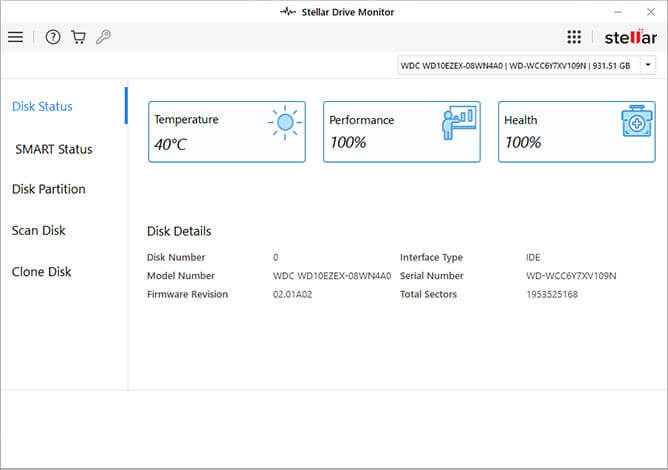
Keep your PC dust free
You must clean your PC regularly and remove any dirt or dust accumulated inside or outside the PC. Dust accumulation diminishes the fan's capacity and prevents heat dissipation. It is advised that you use a lint-free cloth to clean the PC. Be cautious while cleaning the inner components and do it gently to avoid disturbing the connections.
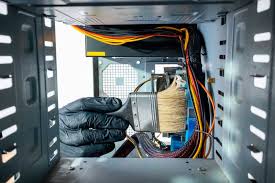
Regularly check the fans
我们大多数人没有注意到如果球迷在PC上not working until some serious issue occurs. You can avoid any severe damage to your system by developing a habit of spot-checking the fans regularly. As fans are the primary source to throw out the system heat, if they stop working, the heat inside the system coupled with ambient heat may cause serious damage to the hardware.
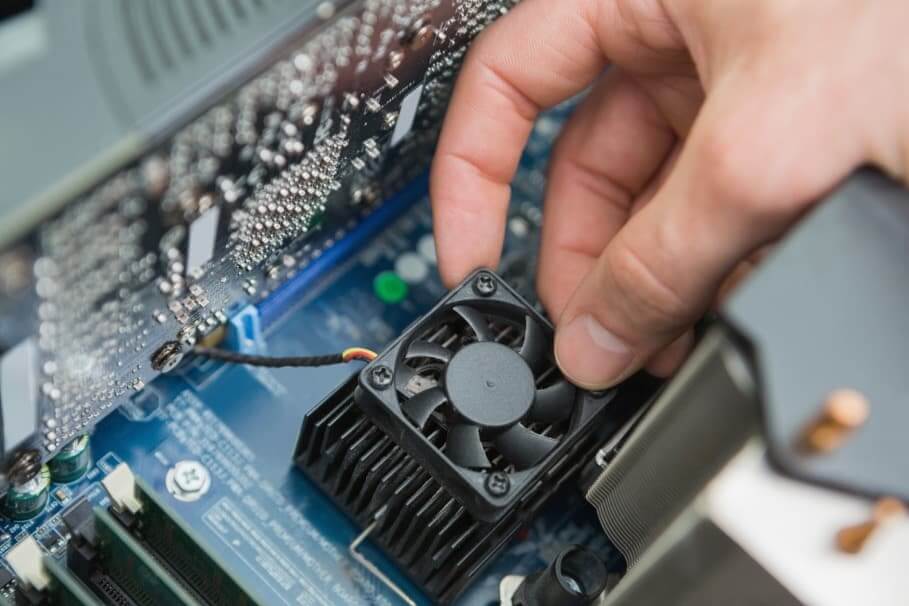
Avoid using long cables
Using long cables to connect different components inside your PC can cause more heat accumulation. This is because longer cables block more space and prevent air circulation fluently. There is limited space inside your PC, and if the air inside doesn’t get enough space, it might not be able to carry the heat generated. Moreover, long cables are tangled easily and might interfere with the CPU fans.
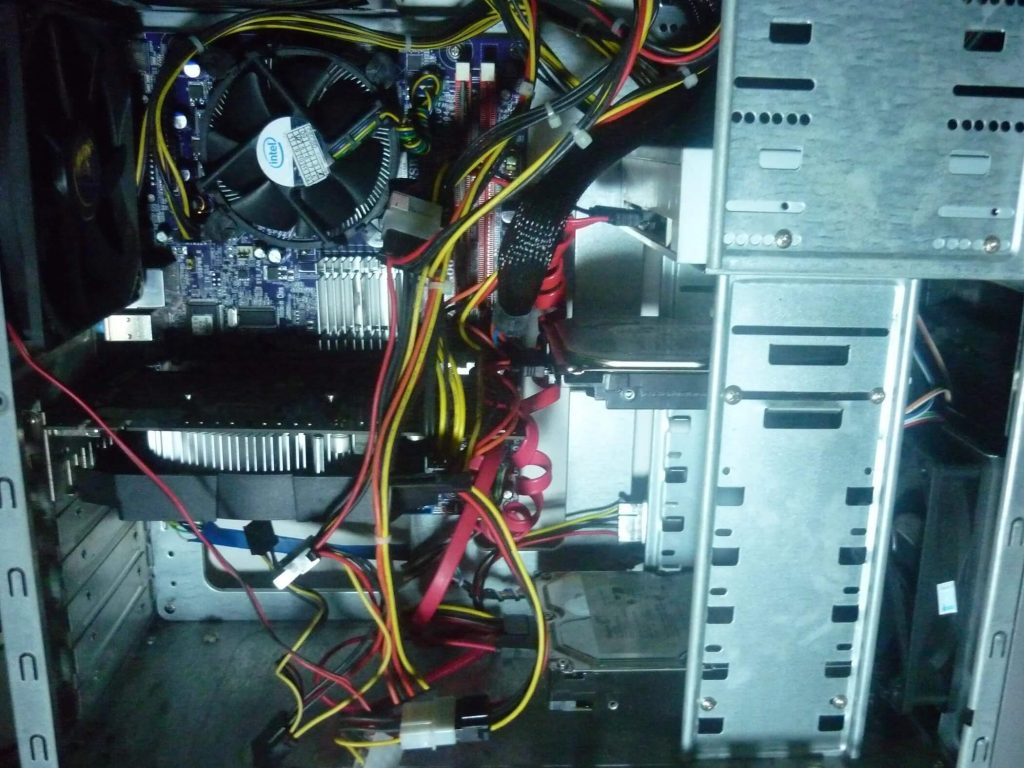
保持你的CPUin an airy space
Keeping your CPU enclosed will result in heat accumulation. Always keep your CPU in a place with sufficient room and air availability. For example, avoid using the cabinet if you use a desk with an aesthetic design like a closed cabinet for the CPU. Instead, keep your CPU adjacent to the desk to get enough air to dissipate the heat generated.
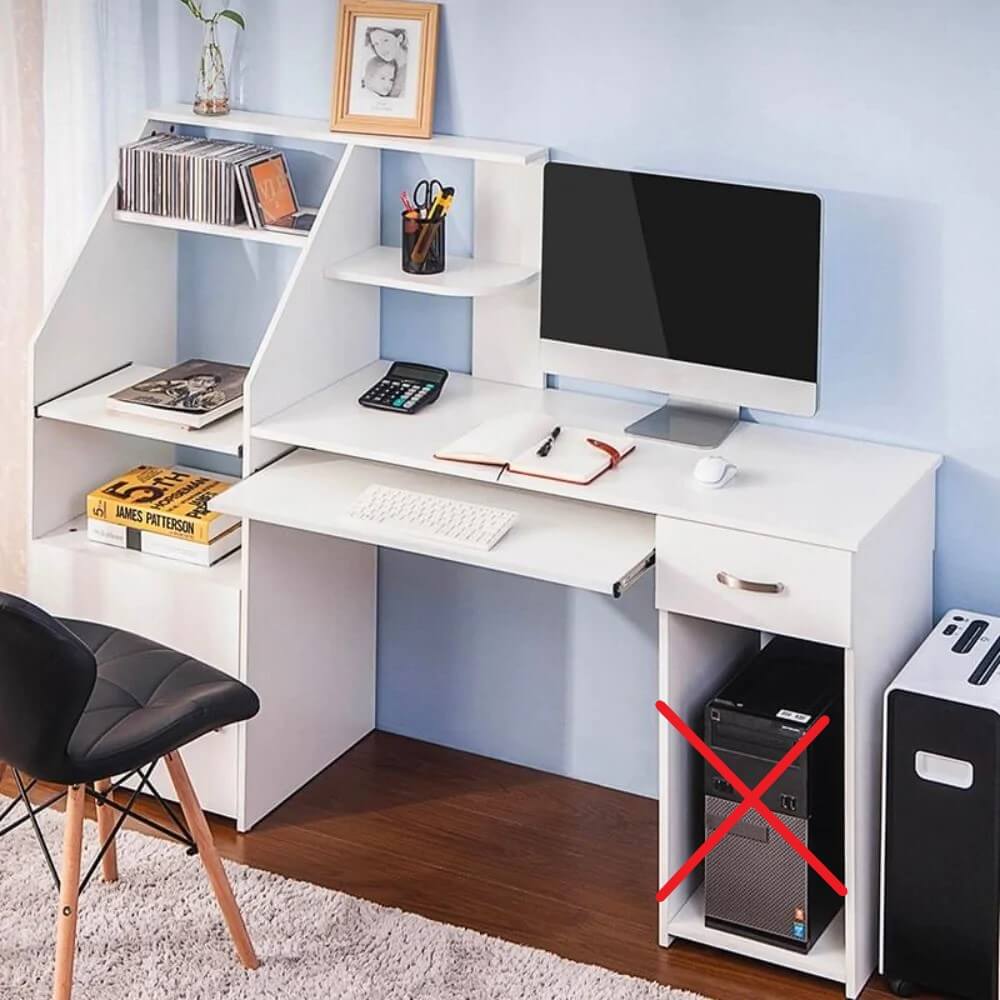
Don’t use multiple apps simultaneously
Every app you use on your PC puts a burden on your processor, and it produces more heat in the CPU. In addition, if you use multiple apps or utilities simultaneously, each needs a processor to run, thus overburdening the components of your PC. Avoid using multiple apps and launch only those apps that you currently want to use.
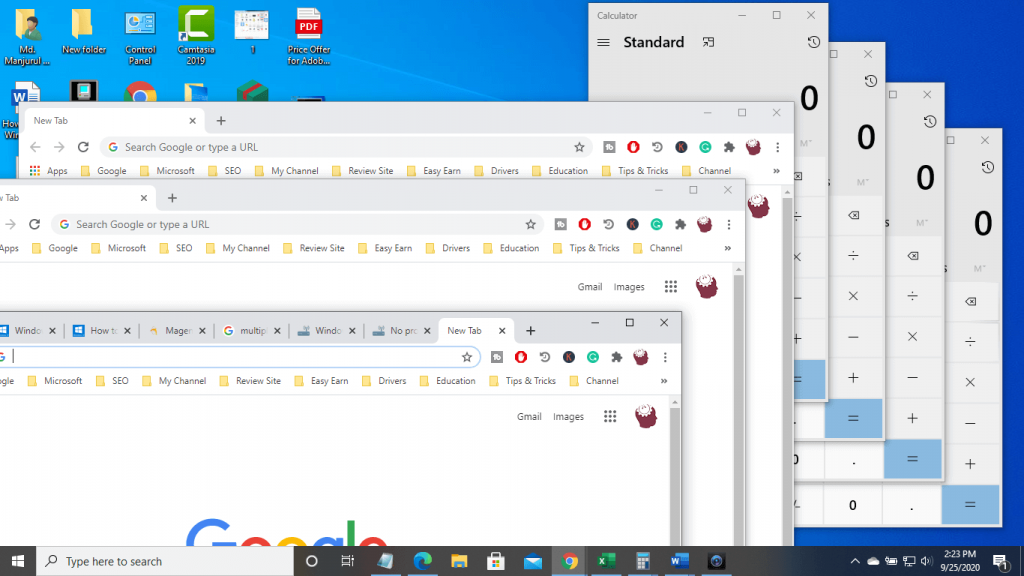
Don’t overclock your system
Some of us like pushing our systems to their optimum performance. For this, you might be overclocking the PC by engaging all the components. If so, stop overclocking, as it takes a toll on your PC's CPU. This causes higher heat dissipation. Avoid it to cope with the high temperatures outside.
Hibernate the PC when not in use
Allow the PC to hibernate when not in use. It will allow your PC to cool down to normal temperatures and be ready to be used again. You may also change the sleep settings to set your PC to automatically hibernate or sleep after a defined time of being idle. You can also opt to shut down your PC when not in use.
Use SSD instead of HDD
HDDs have a lot of moving parts, and they produce more heat due to friction. If you are using a traditional HDD on your PC, it might cause more heat to be produced in the CPU. Instead, replace the HDD with an SSD. It will reduce the heat generated and help your PC to remain at a normal temperature.
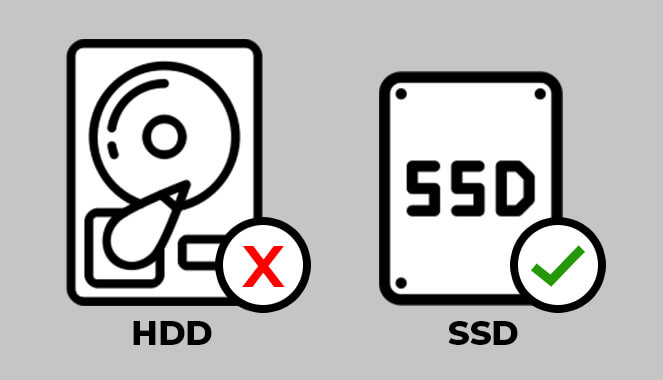
Consider other cooling alternatives
If you are ready to make some hardware changes, you can go for installing more fans on the CPU. You can alsouse the water-cooling methodif excess heat is generated and you are a rigorous PC user. To cool off their high-performance machines, gamers use water-cooling, which is safe if installed properly. You can also use water-cooling to keep your PC cool.
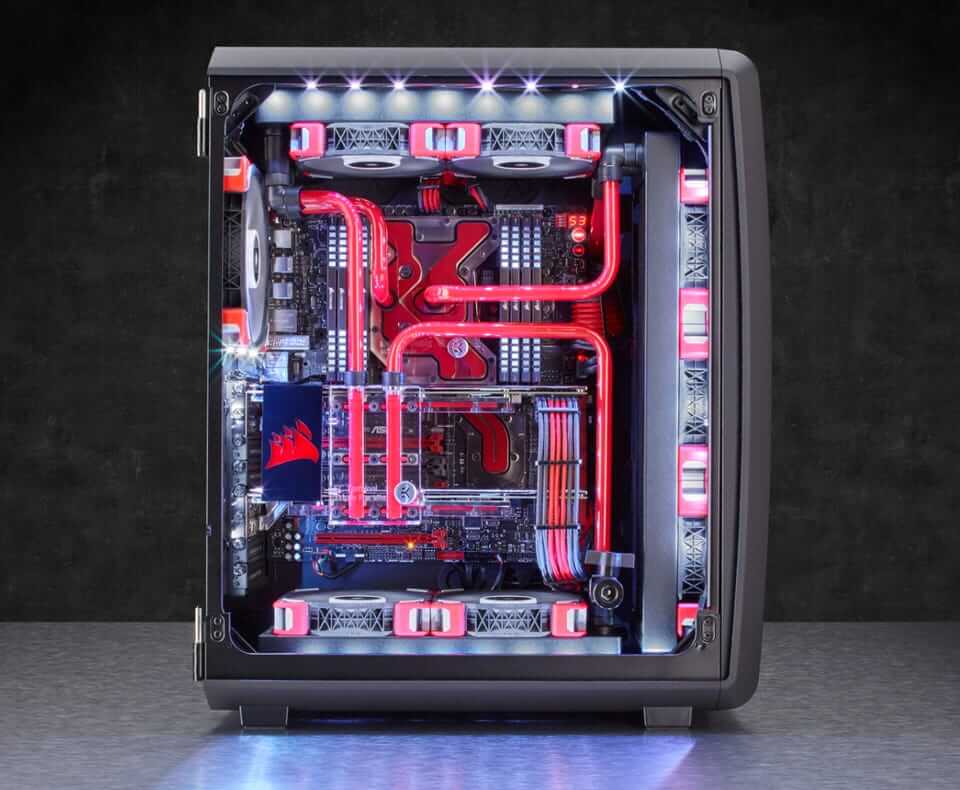
Conclusion
High temperatures won't affect your PC if you regularly maintain them. All of the above methods are very simple and easy to apply to keep your PC cool. However, you must keep a SMART驱动监控on your PC as it helps keep an eye on your PC's overall performance and allow you to act before any serious mishap.
FAQ
1. Does Stellar Drive Monitor create a clone of a drive even if the drive is corrupt?
是的。的驱动监控creates a replica of your drive without missing a single piece of data. It also allows drive scanning for bad sectors and presents the scan data in a simple block format.
2. Can high temperatures cause damage to my data?
High temperature doesn’t directly affect the data. But it damages your PC's components, ultimately resulting in data loss or system failure.
3. What is the temperature I should maintain on my PC?
For a desktop CPU, the recommended temperature is between 45 to 75 degrees Celsius. However, the lower limit is for when your PC is idle, and the higher is for maximum temperature during normal operations.

 Free Download
Free Download











